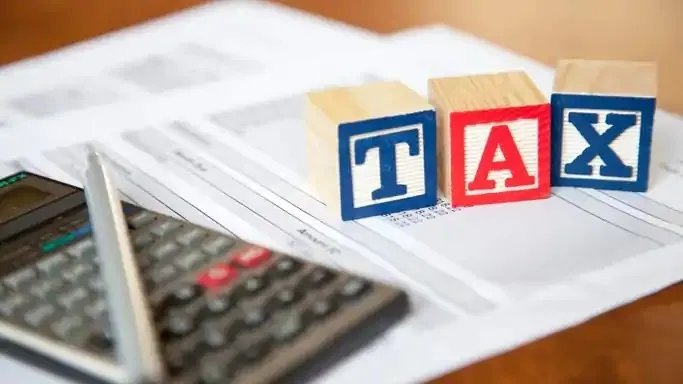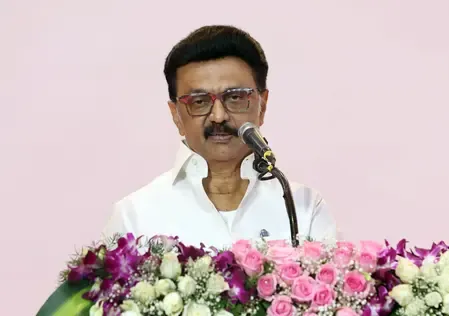Union Budget 2025-26: CII Advocates for Income Tax Reductions and Enhanced Customs Duty Structure to Fuel Economic Growth

New Delhi, Dec 30 (NationPress) The leading business organization CII has urged Finance Minister Nirmala Sitharaman to lower personal income tax for individuals with an income of up to Rs 20 lakh per year. They also proposed the introduction of a three-tier customs duty framework that imposes higher tariffs on finished goods, alongside a 25% increase in government capital expenditure for the Union Budget 2025-26 to stimulate economic growth.
At a recent meeting with the Finance Minister, CII president Sanjiv Puri recommended a 3-tier customs tariff system, suggesting rates for inputs at 0 - 2.5%, intermediates at 2.5 - 5.0%, and final goods at 7.5%, with certain exceptions over time.
The organization highlighted the need to capitalize on the successes in manufacturing across specific sectors and proposed targeted interventions in industries capable of generating large employment opportunities, including readymade garments, footwear, furniture, tourism, real estate, and construction.
CII urged for expedited FTAs with nations such as the EU and the UK and recommended lowering duties on imports of essential raw materials like cotton.
According to the CII presentation, the introduction of Next Gen reforms, especially in labor laws, would significantly enhance the potential of labor-intensive sectors.
Furthermore, CII stressed the necessity for a continued increase in the government's capital expenditure by 25% over the previous fiscal year's budget of Rs 11.1 lakh crore, with a focus on rural infrastructure, which could create a multiplier effect on the economy and foster growth.
The chamber also emphasized the need to create a cohesive foreign trade, investment, and industrial policy, suggesting the formation of an expert group under the Finance Minister’s leadership, involving industry stakeholders to draft this policy.
The CII presentation advocates for a fiscal deficit target of 4.5% for FY26, as a more pronounced contraction may adversely affect demand.
They proposed a debt management strategy starting from FY27, aiming to reduce the Central government’s debt to below 50% of GDP by 2030-31. This strategy could positively influence India's sovereign credit rating and interest rates, according to the presentation.
To enhance consumption, CII suggested measures such as lowering excise duties on fuel to alleviate overall inflation and increase disposable income. Reducing tax rates for personal income up to Rs 20 lakh annually could initiate a beneficial cycle of consumption, growth, and increased tax revenue.
The presentation also supports the divestment of government stakes in selected PSEs while retaining a 51% stake, which could release approximately Rs 10 lakh crore for public capital expenditure, debt retirement, and establishing a Sovereign Wealth Fund for strategic investments in critical technologies and minerals overseas.
CII believes that the fundamentals of the Indian economy remain robust, backed by sound economic policies. Despite a slight reduction in domestic demand in the first half of the fiscal year, a steady recovery is anticipated. Nonetheless, global uncertainties, such as excess capacity in China, climate crises, and resulting food inflation, pose significant challenges.










